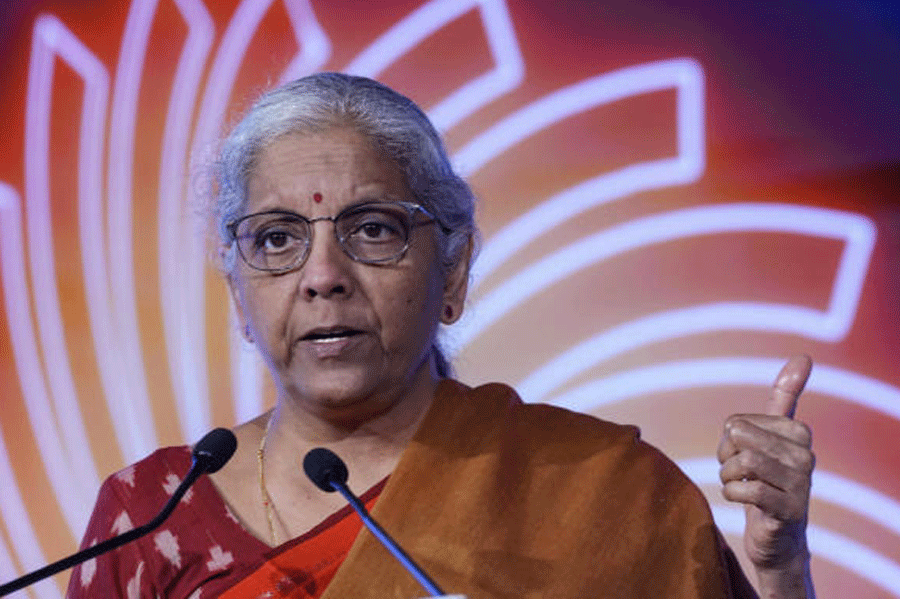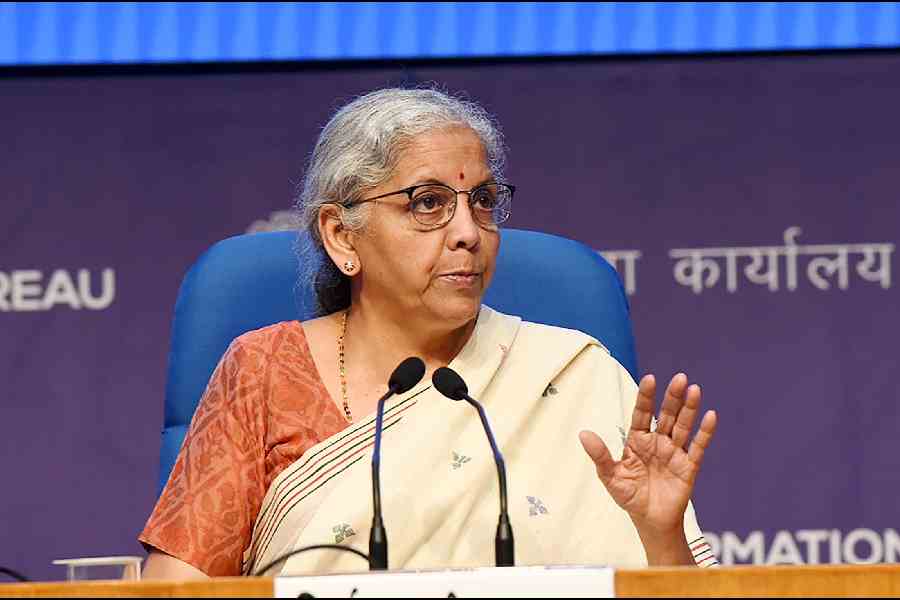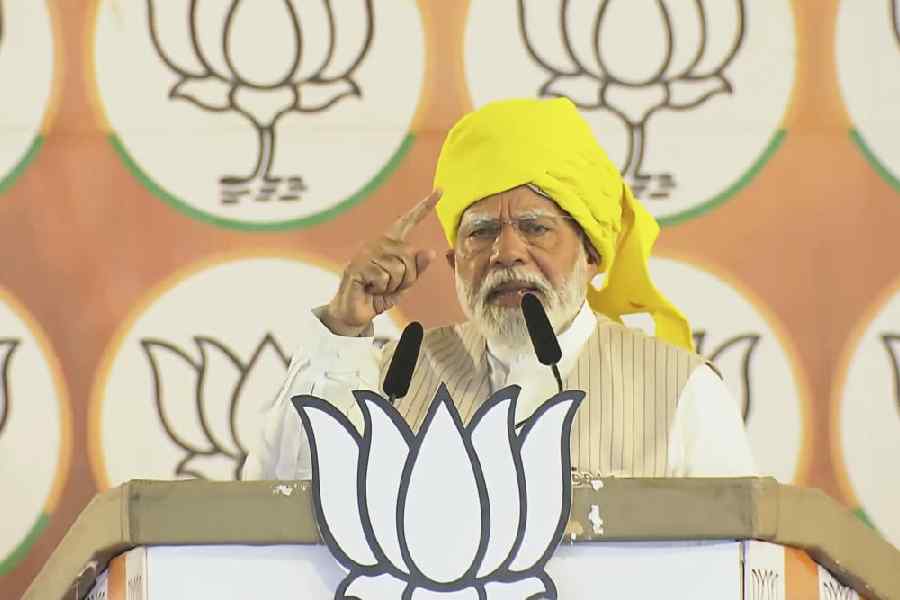Finance Minister Nirmala Sitharman on Friday said the government is mindful of the fiscal deficit management and will ensure the burden of servicing debt is not passed on to next generation.
Addressing the Kautilya Economic Conclave 2023 here, she said the government is looking at the ways in which it can bring down the overall debt.
"We are conscious of matters related to macro economic stability of the country and responsibility with which we deal with our fiscal and also the fiscal management and so for every decisions that we take today, we are conscious of what burden is going to leave for the next generations," she said.
It is very easy to be profligate and burden the coming generations with the debt that you will be sitting with, she said.
"We are conscious of the debt of government of India. Compared to many others, it might not be as high as it is, but even then, we are consciously looking at experiments in different parts of the world," she said.
She said the government actively look at the data related to debt of some emerging market countries and how they are managing them.
The government is successful in managing debt burden because efforts are very well streamlined to meet India's aspirational requirements, but deal with it with a sense of responsibility so that coming generations don't feel the burden, she said.
During Covid days, she said, the government spent public money in creating public infrastructure so that there is better return for every rupee rather than go by the temptation of giving money in the hands of people who were suffering.
"We didn't do that...But I think some Principles of Economics stand the test of time and that is why (the government decided) to spend money in capital expenditure and with a digitised approach so that people can see where that money is going," she added.
Observing that India is opening up and bringing greater transparency through the digital economy, Sitharaman said, there's no more powerful tool than digitisation to empower citizens, who otherwise would've remained very far from their developmental aspirations being met.
"Jan-Dhan accounts have been the biggest instrument of bringing financial inclusion to the country. When it was launched in 2014, people raised questions, saying that these would be zero-balance accounts & would be a burden on the Public Sector Banks (PSBs)," she said.
Today, these Jan-Dhan accounts have a cumulative balance of more than Rs 2 lakh crore, she said.
During COVID-19, she said, due to these Jan-Dhan accounts, the poorest of the poor received money in their accounts from the government to fulfil their essential needs.
The minister also said that multilateral institutions including Multilateral Development Banks (MDBs) have become less effective in the current global situation.
Sitharaman also highlighted the challenges posed by global terror and stressed that investors and businesses will have to take into account such factors while making investment decisions.
She further said the Prime Minister Narendra Modi-led government is conscious of the debt situation and has undertaken fiscal management to ensure that the coming generation is not burdened.
Except for the headline, this story has not been edited by The Telegraph Online staff and has been published from a syndicated feed.











